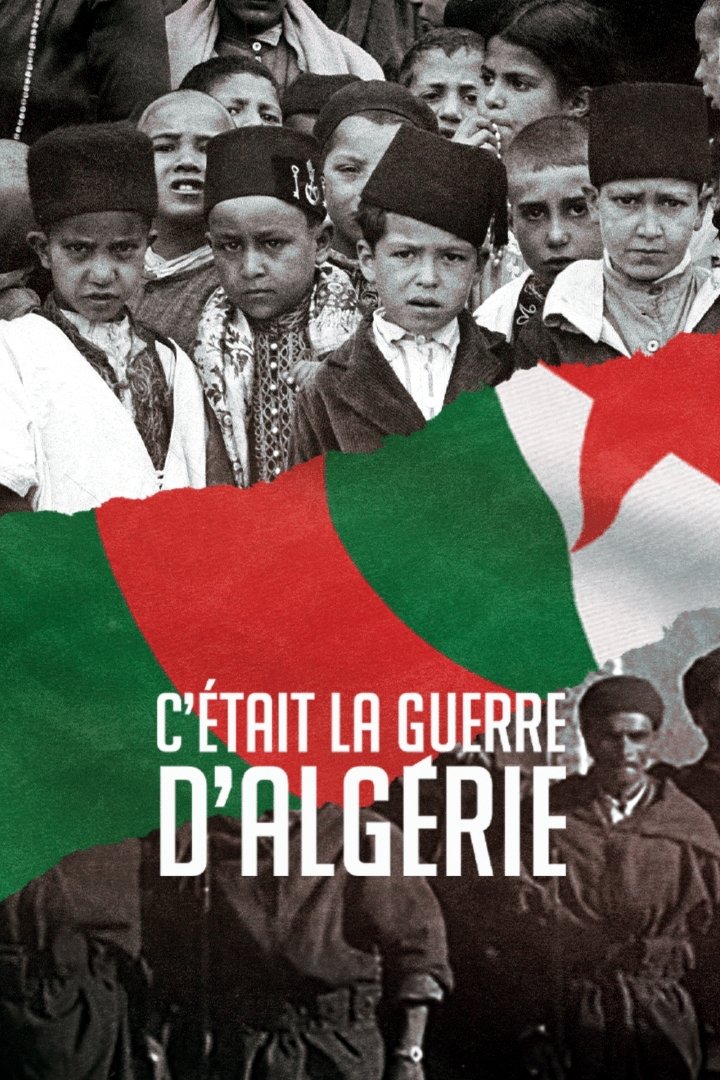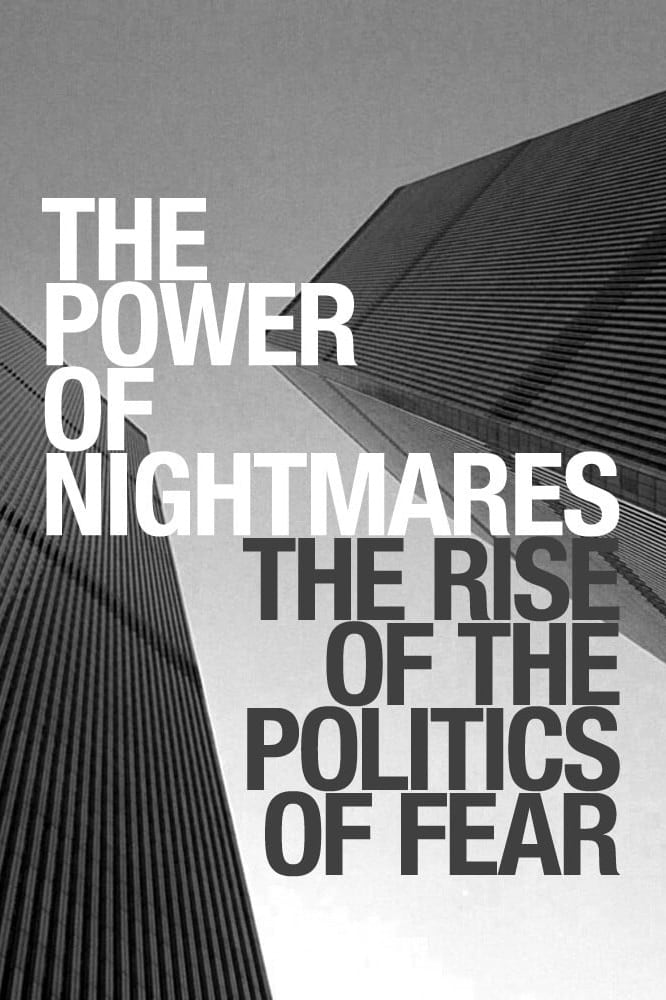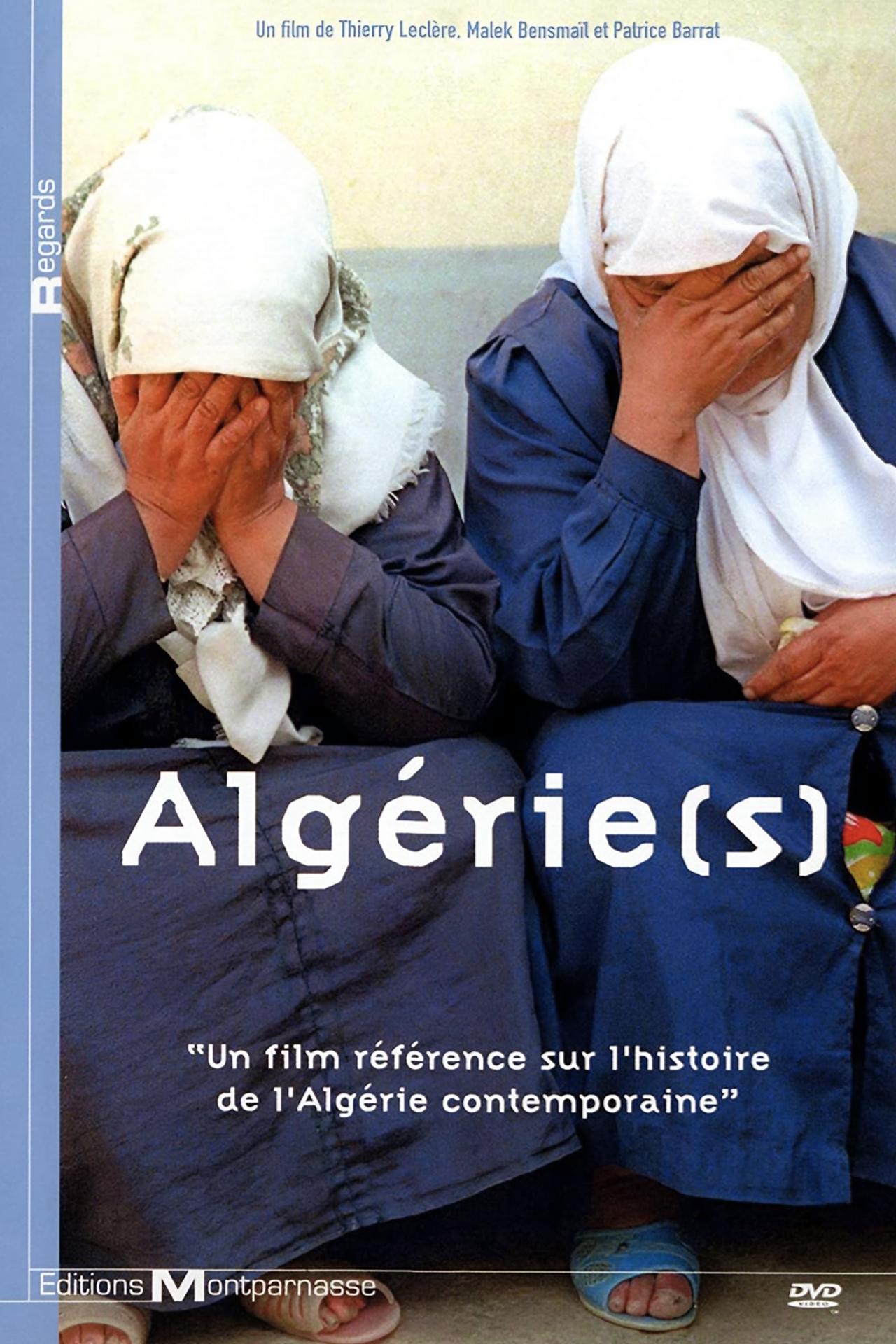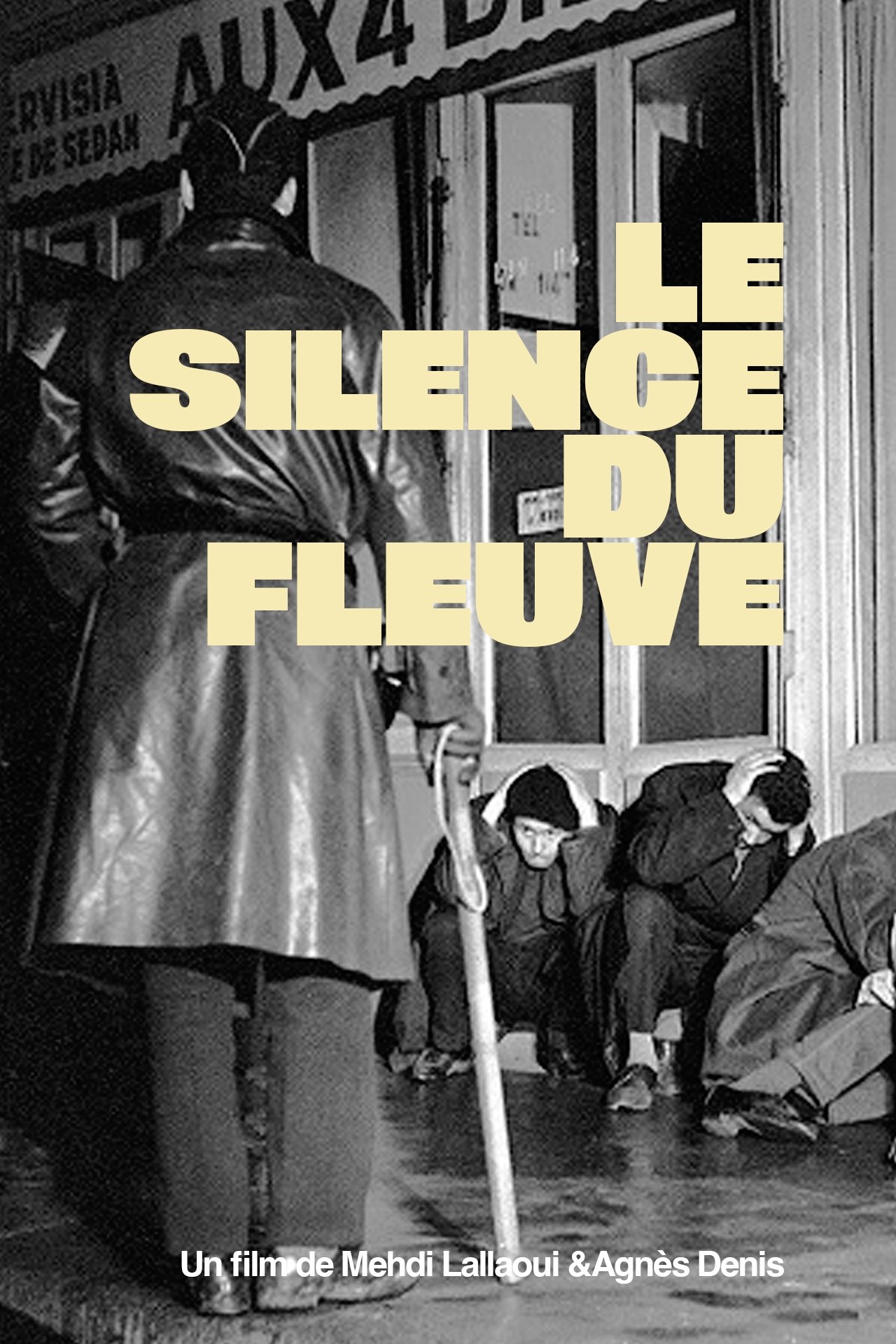


Examines how politicians have used our fears to increase their power and control over society.

Documentary series in two parts: 1. A people without a voice (80'), 2. A land in mourning (78'). Part 1: A people without a voice: October 88, the Algerian Republic is faltering, the film goes back to the sources of this tragedy and explains how the face to face between the Islamists and those in power began. The interruption of the legislative elections of December 91, followed shortly after the assassination of President Boudiaf in June 92, plunged Algeria into chaos. Part 2: A land in mourning: the cycle of violence that leads to massacres and the economic and geopolitical underside of the war. More than 100,000 deaths, an incredible degree of barbarity, massacres, apparently incomprehensible... Behind the official window of power and its artificial political scene, hides a shadow power.

“Forgetting is complicit in recidivism,” says the commentary of this film dedicated to the demonstration of October 17, 1961 in Paris and the savage repression that followed. 11,538 Algerians will be arrested, which is reminiscent of the great Vel d’hiv roundup of July 16 and 17, 1942 where 12,884 Jews were arrested. The film brings together eyewitnesses including a priest, a peacekeeper, a couple of workers sympathetic to the Algerian cause, a lawyer, Paris municipal councilors including Claude Bourdet (then one of the leaders of the PSU and journalist to France Observateur), Gérard Monatte, the future police union leader, and the editor and writer François Maspero.
Ali Haroun, whose full name is Mohamed Ali Haroun (in Arabic: علي هارون), born in 1927 in Bir Mourad Raïs, is a former nationalist activist of the FLN, Algerian politician and lawyer. After primary and secondary studies in Algiers, Ali Haroun continued his higher education in France, he obtained a law degree from Panthéon-Sorbonne, he passed the Certificate of Aptitude for the Profession of Lawyer (CAPA) and then the State Doctorate. He joined the FLN at the beginning of the November 1954 uprising, he was tasked by Mohamed Boudiaf to support Abane Ramdane in launching the newspaper Résistance Algérienne3, which would later become El Moudjahid. He went to France at the end of 1957 and in March 1958, he was appointed by the FLN, political leader of the FLN2 French Federation and for the organization of the collection of the revolutionary tax from Algerian workers and he will lead the fight without being arrested until the end of the war. On the eve of independence, he became a member of the National Council of the Algerian Revolution (CNRA)2 from 1960 to 1962, then elected deputy of Algiers to the constituent assembly2 from 1962 to 1963, he was among the 21 who called not to vote for Ben Bella and his constitution, his position pushed him to retire from politics. In 1963 he resumed his profession as a lawyer2 at the court of Algiers and at the supreme court, he pleaded in several political trials in the years 1960-1970. After the establishment of pluralism in 1989, Ali Haroun participated in the creation of the Algerian League for Human Rights (LADH). The LADH, close to power, was initiated in 1987 by General Larbi Belkheir to counter the Algerian League for the Defense of Human Rights (LADDH), independent and non-political, led at the time by Me Ali Yahia Abdennour. On June 18, 1991, he was called by the government of Sid Ahmed Ghozali to the post of Minister Delegate for Human Rights. The day after the electoral victory of the first round of the 1991 legislative elections by the Islamists of the Islamic Salvation Front (FIS) with 188 seats, the "Januaryist" generals of the Algerian army (ANP) decided, on January 11, 1992, to interrupt the electoral process. Ali Haroun, who supported this decision, was tasked by the "Janviéristes" with drafting President Chadli Bendjedid's resignation letter with Mohammed Touati. After Chadli Bendjedid's resignation, Ali Haroun, one of the five members of the High State Committee, was tasked for the second time by the "Janviéristes" with contacting Mohamed Boudiaf, a historical figure of the war of independence, exiled in Morocco, so that he would accept the "Janviéristes" proposal to take the head of the HCE to lead the country. Mohamed Boudiaf was assassinated six months after his inauguration. In 1995, he was one of the co-founders of the National Republican Alliance (ANR), a party that campaigns for democracy and secularism.
By browsing this website, you accept our cookies policy.